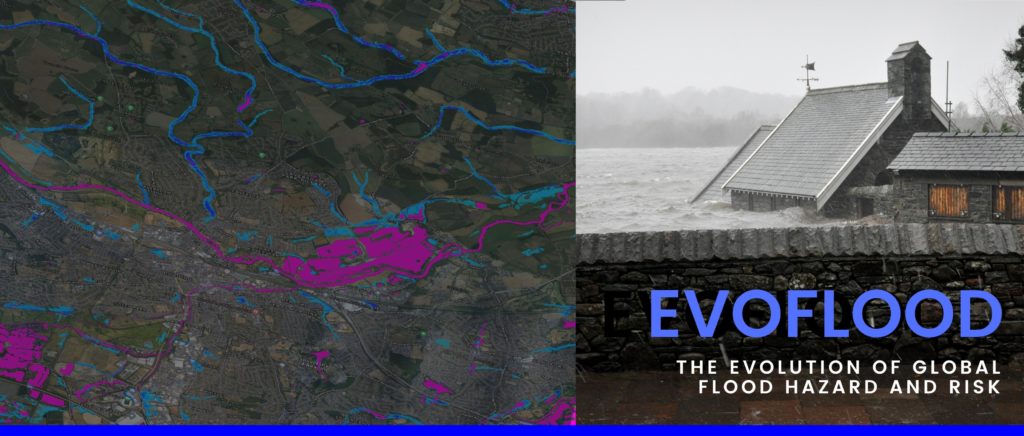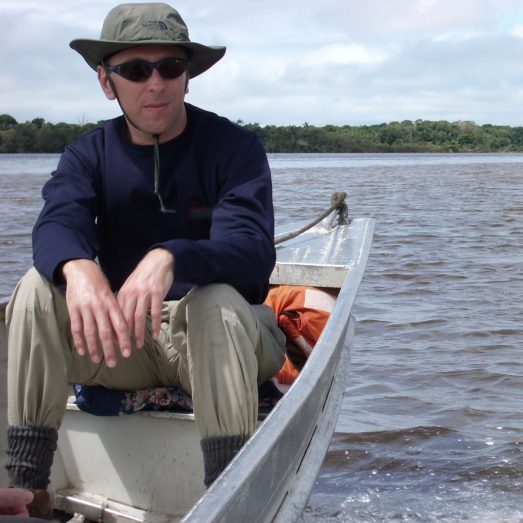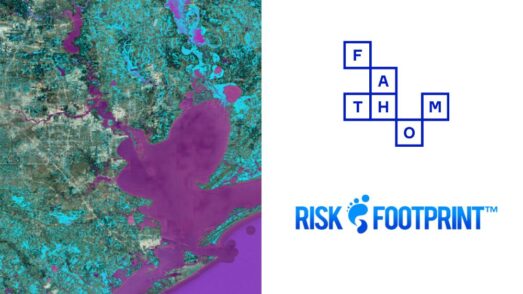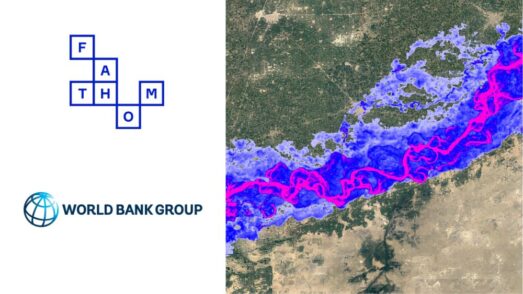
A consortium of researchers, international organisations and dedicated corporations confirm a £3.7m grant to carry out Evoflood. The project aims to create the next generation Global Flood Model – a state-of-the-art computer model which helps simulate the probability of flooding across Earth.
Experts at the University of Bristol and Fathom have become partners in a new £3.7m project which aims to revolutionise our understanding of global flood risk.
Joining a consortium of nine UK universities, as well as multiple national and international organisations, the team has been successful in winning major grant funding from the Natural Environment Research Council (NERC).
With a specific focus on developing how the industry approaches global flood models, Fathom and the University of Bristol will undertake work to adapt their current global flood model and generate risk simulations under present data and future climates.
Flooding is the costliest natural disaster and has devastating impacts on the communities which it affects. With research indicating that extreme precipitation will continue to increase in frequency and severity, Evoflood comes at a pivotal moment in the development of flood risk technology.
The EvoFlood project will look to answer a number of key questions, including:
– What is the relative importance of flooding on changes in the climate versus changes in river shape?
– How will global flood hazard and risk change in the future?
– What does this mean for the functioning of Earth’s complex floodplains which are corridors of life across the globe?
– How do populations respond to flooding, and how can this knowledge be used to inform societal response in the future?
You can follow the progress of the EvoFlood project by following the team on Twitter at @EvoFlood, or online through the University of Hull’s website.









